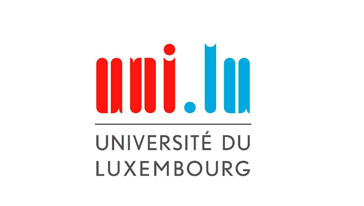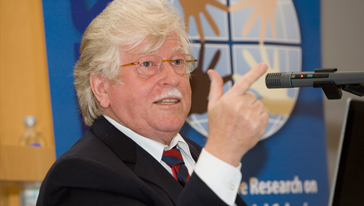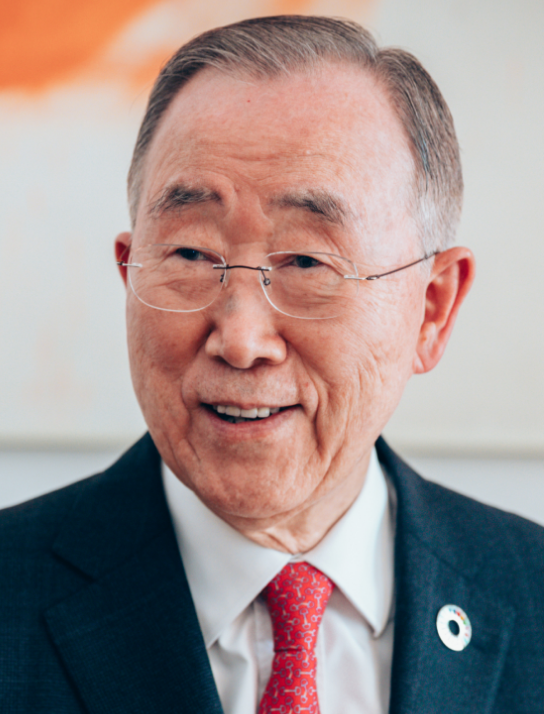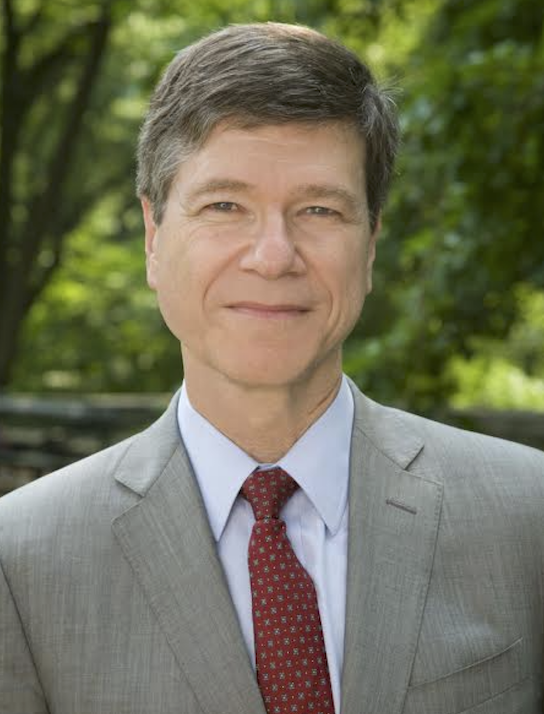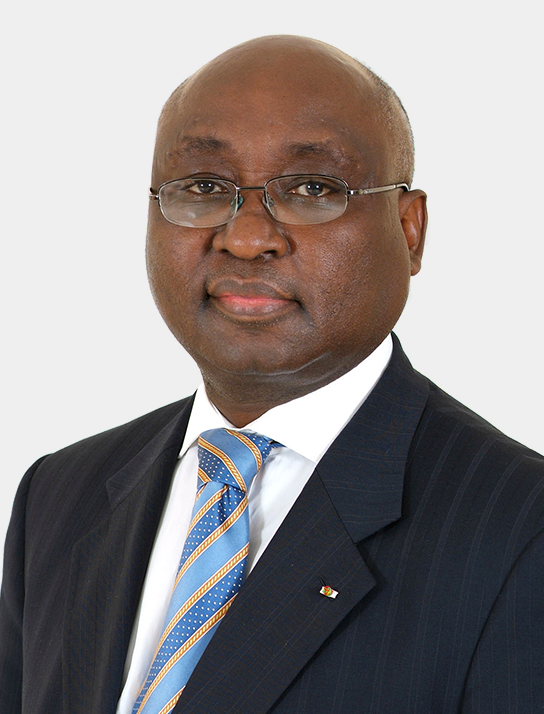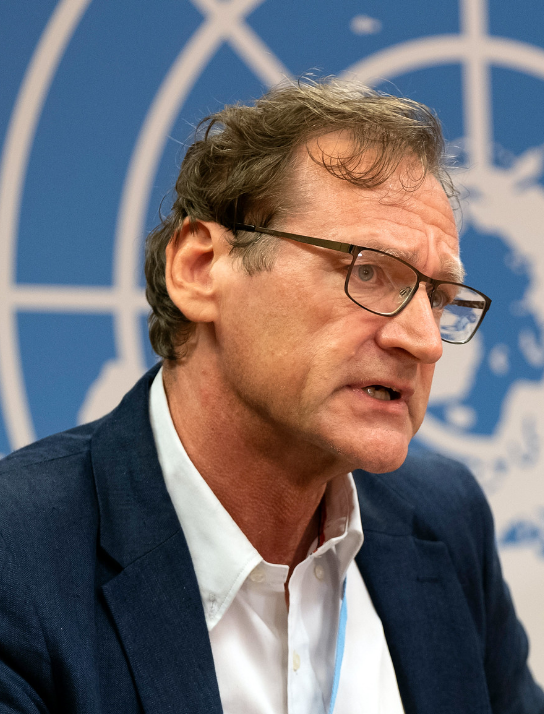Ambassador Walter Fust’s Kapuscinski Lecture focused on the subject of “Successful Development Cooperation. “Success” was defined by Ambassador Fust in terms of innovation. The lecture began with a review of basic approaches to development cooperation. One major question asked: “How can we move from development aid” to “development cooperation?” Ambassador Fust paid specific attention to the issue of conditionality and its place in development cooperation regimes. He asked whether conditionality is an “old sickness of development actors”?
In response to these questions, Ambassador Fust contended that development cooperation should be based on an investors approach. He weighed the costs and benefits of grants/charity versus local resource mobilization. Arguing in favor of the latter, Ambassador Fust raised important issues related to local contributions to development cooperation. Namely, he asked “What are appropriate shares of local contributions? Should these contributions be financial or in-kind? How should local partners be selected? What criteria should be utilized to choose partners and invest in them?”
During this part of the discussion, a debate was raised related to governance and the organization of relationships between development cooperation agencies and non-governmental organizations (NGOs). Ambassador Fust told the story of how he cut structural support for Swiss development NGOs because the Swiss government wanted to use its economic contributions (which had represented 70-80% of the budgets of many NGOs) as a means to censure criticism from the non-governmental sector. Ambassador Fust limited the government’s contribution to 50% of an NGO’s total budget in order to protect their autonomy. Having said this, Ambassador Fust also questioned the motives of some NGOs recognizing the heterogeneous nature of civil society active in development cooperation.
Ambassador Fust also discussed frameworks for investment-based cooperation. He compared the strengths and weaknesses of program versus project-based approaches. He also questioned recent trends towards pilot-based initiatives. According to Ambassador Fust, partnerships are the key to development cooperation. In order to establish successful partnerships certain criteria must be pursued. First, proper incentives must be identified. Which incentives work? How can we respect local cultural contexts and mobilize indigenous knowledge? Second, what conditions best exemplify proper risk governance? How can risks be assessed? How can they be validated? How can they be governed? Finally, Mr. Fust’s discussion addressed monitoring and evaluation. He claimed that these tools needed to be defined before the conceptualization of development initiatives. Moreover, they should be lighter tools as “less can be more.” Ambassador Fust highlighted the need to balance the costs and benefits of monitoring and evaluation tools.
In closing, Ambassador Fust discussed the topic of sustainability of development cooperation. First, he examined the issue of measurability. He made the point that output is not outcome but that impact matters. Following this remark, he addressed impact assessment. What tools should be utilized and how to they account for a diverse range of views. For example, Ambassador Fust addressed the issue of accountability and questioned how to approach both donor’s accountability and actors’ accountability. The issue of time horizons is especially important to this concept as Ambassador Fust contended that continuity is a key element of successful development cooperation. Thus, in summary, Ambassador Fust defined successful development cooperation as people-oriented partnerships that are characterized by lasting impacts, local ownership, accountability and continuity.
